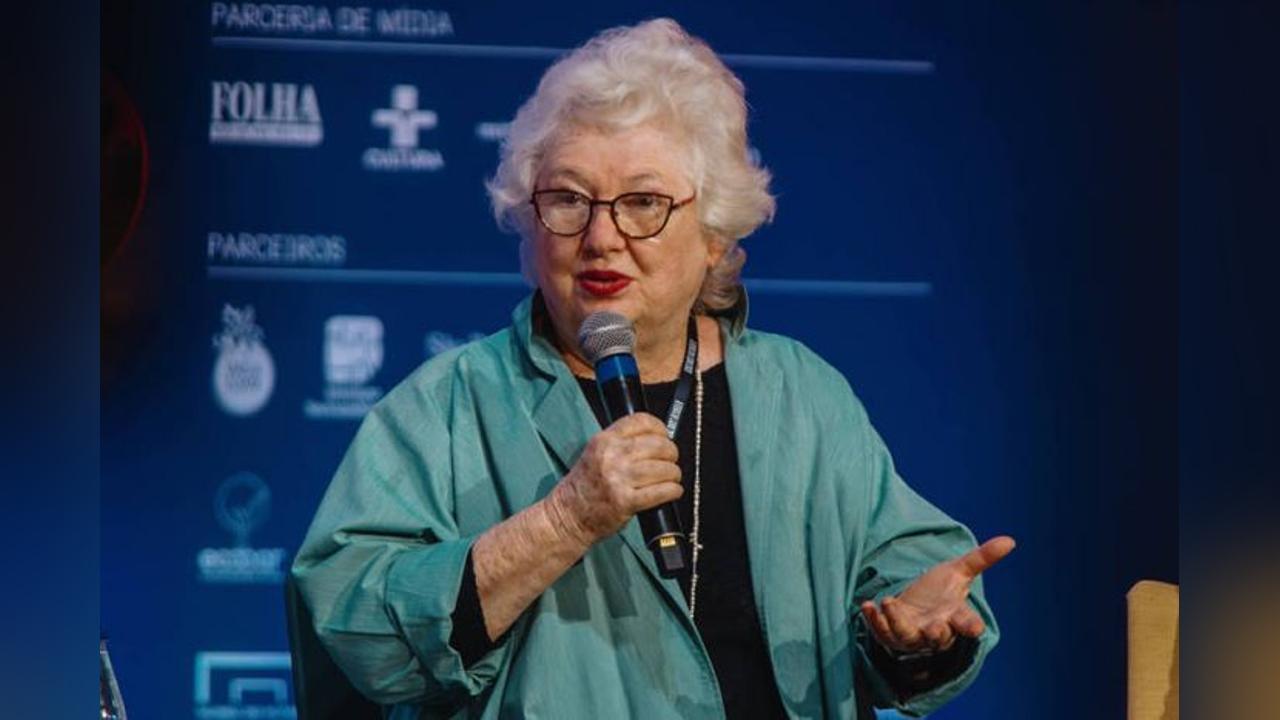Africa-Press – Angola. The United Nations warned Angolan authorities yesterday in Luanda of the sophistication of international criminal networks operating across multiple jurisdictions and using emerging technologies to exploit weaknesses in financial systems.
The warning was made by the coordinator of the United Nations Office on Drugs and Crime (UNODC), Manuela Carneiro, when speaking at the opening of the “Seminar on the inter-institutional strengthening of Angola to combat money laundering and the financing of terrorism”.
“We need the courage to act, to rigorously enforce the law, and to assert that money laundering, terrorist financing, and economic crime will have no place in our societies,” said Manuela Carneiro.
The UN official indicated that the reality demands an equally sophisticated response, based on technical expertise, effective cooperation and institutional resilience.
Manuela Carneiro stated that UNODC maintains a firm commitment to Angola and works closely with judicial, law enforcement, financial, and civil society institutions. According to her, the objective is clear: “to promote an environment of legality, transparency, and mutual trust.”
“We live in times of rapid change. We need the courage to act, to rigorously enforce the law, and to assert that money laundering, terrorist financing, and economic crime will have no place in our societies,” he emphasized.
During her speech, Manuela Carneiro also praised the role of the Financial Intelligence Unit (FIU) and national supervisory, justice and criminal investigation authorities in combating these crimes, advocating a true spirit of cooperation so that Angola can consolidate the progress achieved.
“This training isn’t just theoretical; it focuses on reality, analyzing specific cases, the difficulties faced, and the solutions found. It’s an exercise in joint reflection that can translate into practical and lasting results,” he emphasized.
Regional participation
The UNODC coordinator emphasized the regional nature of the event, emphasizing the symbolic role played by the active participation of experts from Kenya and Morocco, as well as the support of their respective embassies in Angola.
“The presence of these countries reinforces the spirit of friendship, solidarity, and regional cooperation, which are fundamental in combating financial crime,” she said.
The event, which will feature experts from Kenya and the Kingdom of Morocco, aims to strengthen national capabilities through the sharing of experiences, the analysis of practical cases, and the strengthening of links between institutions directly responsible for the prevention and suppression of economic and financial crime.
“This seminar is of strategic importance for Angola, especially in the context of the FATF (Financial Action Task Force) mutual evaluation. It provides a unique opportunity to strengthen inter-institutional coordination and accelerate the reforms already underway in the country,” said Manuela Carneiro.
Relevance of cooperation
At the meeting, the Deputy Head of the Diplomatic Mission of the Kingdom of Morocco in Angola, Hibat Allah Faouzi, highlighted the importance of cooperation with UNODC. “Our collaboration with UNODC has been essential to our success. Together, we have promoted capacity-building, knowledge-sharing, and technical assistance initiatives that have strengthened both national expertise and regional resilience,” she said.
According to Hibat Allah Faouzi, the Kingdom of Morocco, under the leadership of His Majesty King Mohammed VI, has given top priority to combating illicit financial threats through the implementation of a modern and comprehensive legal and institutional framework.
The diplomat revealed that the Kingdom of Morocco has been implementing several specialized training programs in the areas of Justice, Security and Combating Financial Crime, promoting the strengthening of institutional capacities in several countries on the continent.
During his speech, Hibat Allah Faouzi highlighted the presence of Moroccan expert Mohamed Amine Jardani as a testament to his country’s strong involvement in the organization’s programs in Africa.
“It is a great privilege for me to participate in this event, on behalf of the Embassy of the Kingdom of Morocco. The presence of Mr. Mohamed Amine Jardani represents our continued commitment to addressing the most pressing global challenges, among which are money laundering and the financing of terrorist activities,” he highlighted.
Hibat Allah Faouzi also reiterated the crucial role of South-South cooperation as a mechanism to address common challenges, valuing the exchange of best practices and solutions adapted to the African context.
Kenya’s contribution
The Deputy Head of the Kenyan Diplomatic Mission, Dorcas Rukunga, stressed that financial crimes represent one of the greatest insidious threats to global economic stability, directly affecting the integrity of societies and national financial systems.
“Our commitment here today is not just about competition and regulation. It’s about protecting our communities from the corrosive effects of illicit finance, linked to drug trafficking, terrorism, human trafficking, and corruption,” he said.
According to the diplomat, financial crimes have become increasingly sophisticated, exploiting system vulnerabilities through new technologies and digital networks. “The digital revolution has brought enormous benefits, but it has also opened the door to new forms of financial crime. These networks are complex, obscure in their origins, and extremely difficult to trace,” she said.
Dorcas Rukunga shared a specific case that illustrates the difficulty authorities face in dealing with these networks: an investigation spanning more than ten years, involving simultaneous operations in Kenya, Angola, Namibia, and Zambia, with money moving between several financial institutions.
“It’s impossible to follow the money trail without specific skills. We don’t know where it comes from, where it goes, or what was sold to justify the amount. Cases like this challenge the capabilities of our governments and test the integrity of financial institutions,” he emphasized.
The lecture will take place in Luanda throughout the week and is part of a series of regional initiatives, promoted by UNODC, aimed at creating more integral financial systems that are resistant to organized crime, while simultaneously promoting security, investment and sustainable development.
For More News And Analysis About Angola Follow Africa-Press






